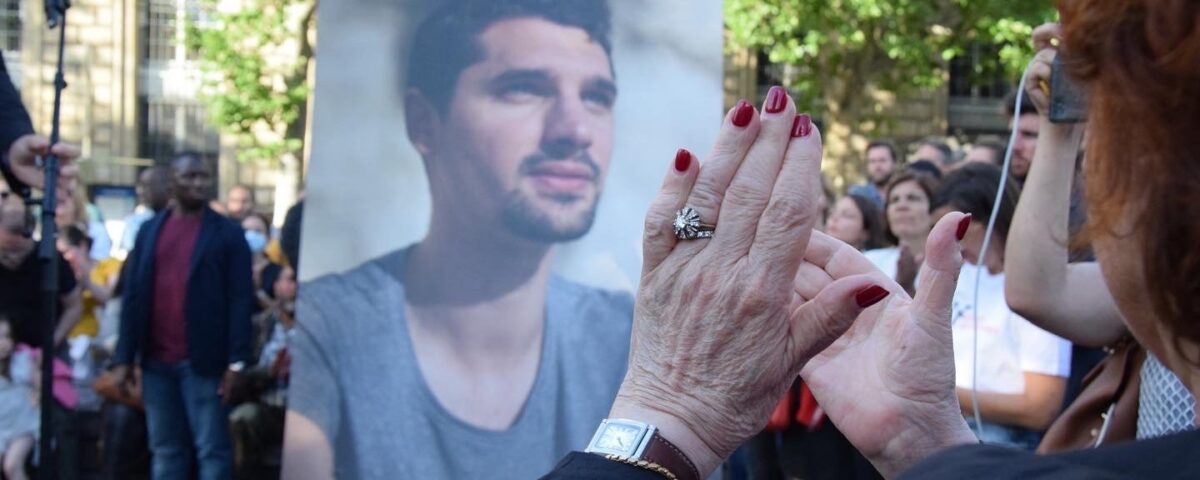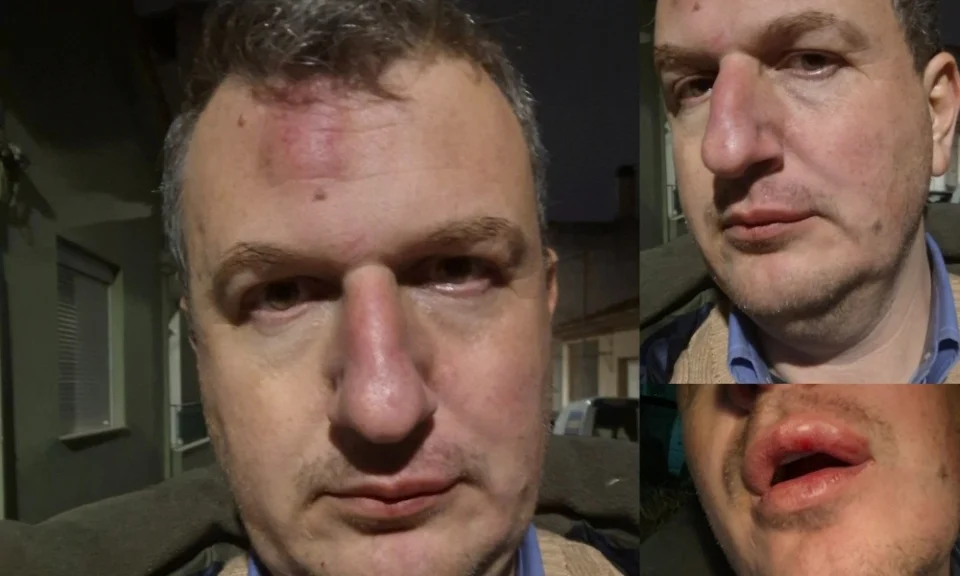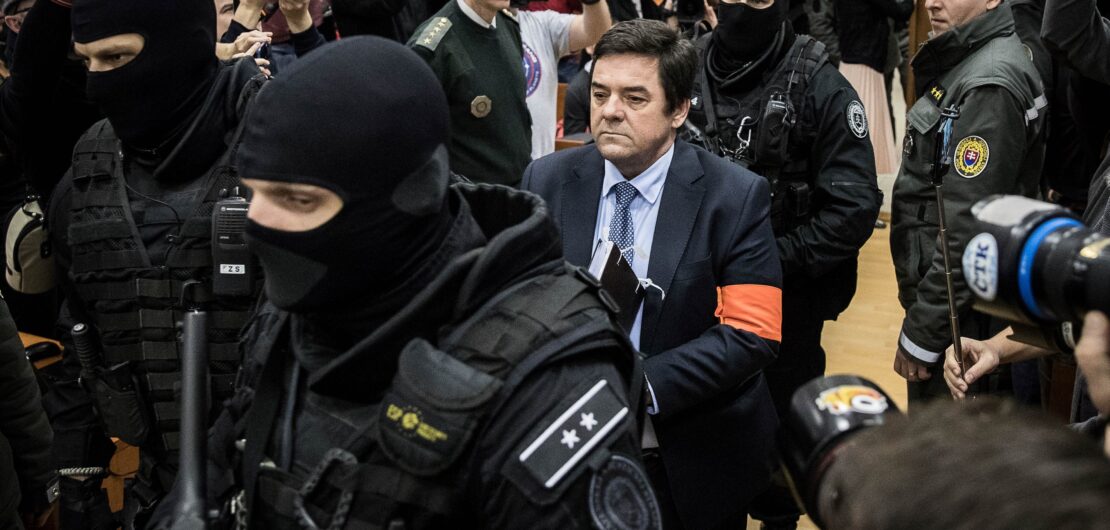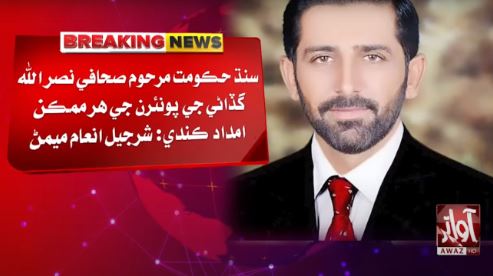
Pakistan Endures Deadliest May for Journalists on Record Four Killed, Others Attacked
May 29, 2024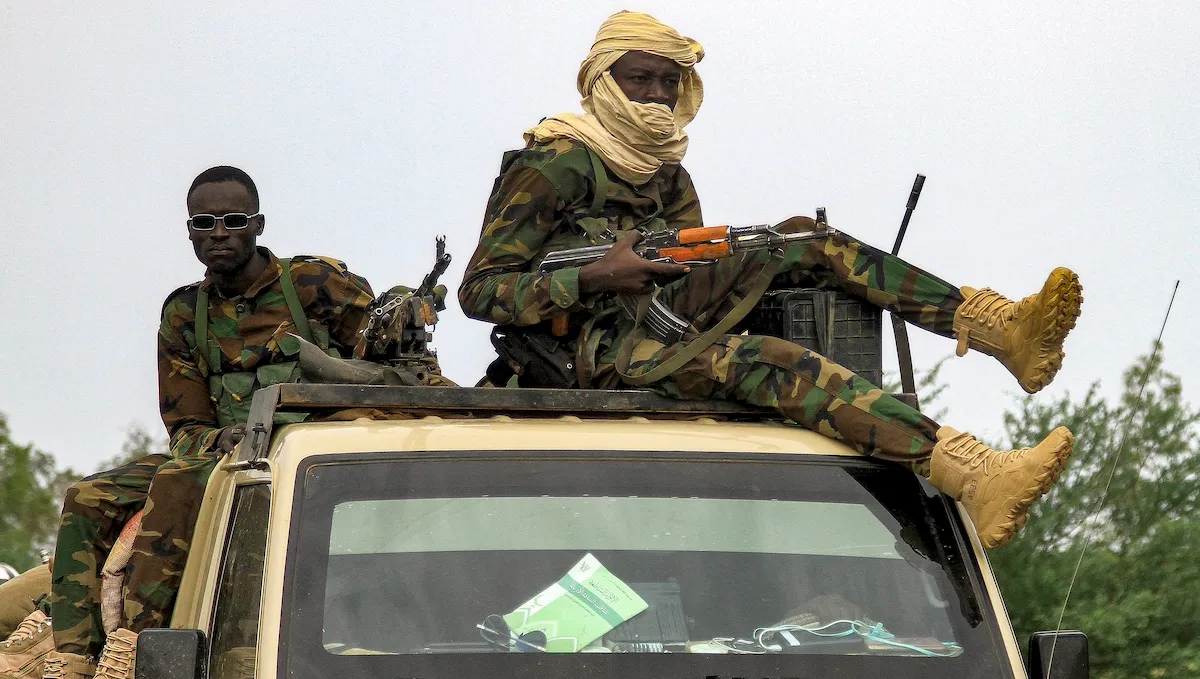
Sudanese Paramilitary Forces Kill Journalist Makawi Mohamed Ahmed and His Brother Amid Escalating War Crimes
June 7, 2024May 30, 2024 – Russia/Ukraine –
Vetérán French journalist Frédéric Leclerc‑Imhoff, a camera operator with BFMTV, was killed by shell shrapnel near Sievierodonetsk while covering a humanitarian convoy extracting civilians from Luhansk Oblast during the Russian invasion of Ukraine. Despite wearing protective gear and traveling in a vehicle designated for civilian evacuation, his death sparked concerns that journalists were being targeted even in marked “humanitarian” situations .
At a military court in Moscow on 1 July 2024, RSF reported that Leclerc‑Imhoff was posthumously sentenced, in absentia, to 14 years in prison—accused of “calls for terrorism,” hatred, and spreading “fakes” about the Russian Armed Forces. The verdict was described by RSF as a “legal farce,” symbolizing a broader Kremlin strategy to silence dissent and weaponize legal avenues against journalists .
Reporters Without Borders (RSF), alongside Leclerc‑Imhoff’s family, has renewed its call for a transparent, impartial investigation into the circumstances of his death. They argue that the conviction in absentia by a Russian military court not only defies justice but also endangers journalistic independence, particularly in wartime .
International organizations such as UNESCO and the Committee to Protect Journalists (CPJ) previously condemned the attack. UNESCO’s Director-General, Audrey Azoulay, denounced the killing and demanded accountability in line with UN Security Council Resolution 2222, which protects media personnel in conflict zones.
The French anti-terrorism prosecutor’s office also opened a criminal war-crimes investigation shortly after the incident.
Leclerc‑Imhoff was far from the only journalist killed in Ukraine; his death was the eighth recorded fatality among journalists since Russia’s invasion began . His tragic demise underscores the dangerous realities confronting journalists in active war zones and the rising trend of judicial repression being used to control narratives.
Two years on, RSF and the family assert the final verdict cannot stand without being reviewed. They reaffirm their demand for full disclosure of investigative findings, fair judicial process, and international support to prevent authoritarian regimes from using legal intimidation to silence critical voices.
Reference –

